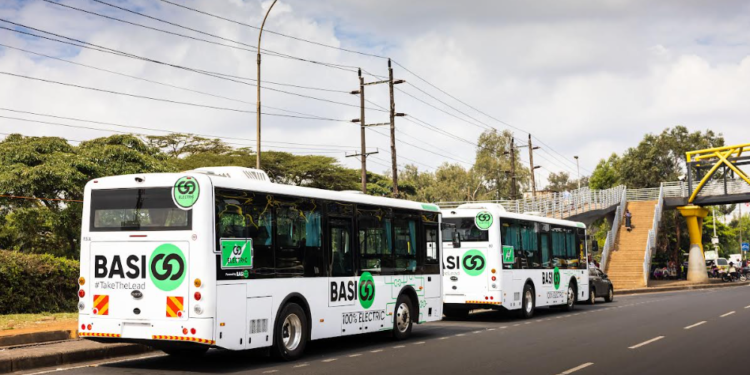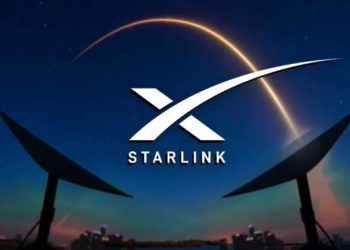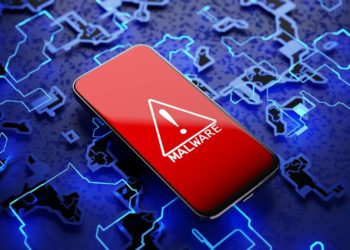In a proposed draft, amendments to the process of electric installations for electric vehicle (EV) charging stations in Kenya are underway, with significant changes anticipated regarding special permits.
The draft Energy (Electricity Supply and Installation Work) Regulation 2022 introduces a proposal for the introduction of a Class S3 license to facilitate the establishment of these stations. The Energy and Petroleum Regulatory Authority (EPRA) is soliciting public participation in this process.
Additionally, the draft proposes the introduction of several special licenses. These include a Class S1 license for electricians involved in the installation of generators for residential or commercial purposes, a Class S2 license for installing lifts and escalators, and a Class S4 license for working in filling stations and depots where work is considered hazardous.
These classifications will be collectively referred to as special installations. The costs associated with obtaining these licenses are outlined as follows: an application fee of KES 1,000 for each license type, along with an annual fee of KES 5,000. Furthermore, in the event of license replacement, a fee of KES 1,000 will be incurred.
It is important to note that each license type requires a separate application fee. Therefore, electricians intending to work across multiple classes will need to pay the fee separately for each class.
For existing electricians, these proposed changes represent a significant departure from the current regulations outlined in the Electric Power (Electric Installation Work) Rules, 2006.
Under the existing rules, electricians require only one license, the Class A-2 license, to conduct all four types of installations. This license incurs an application fee of KES 1,000, a KES 5,000 issuance fee, and an annual renewal fee of KES 2,000.

















